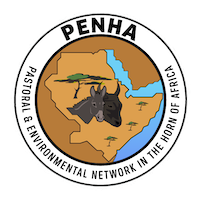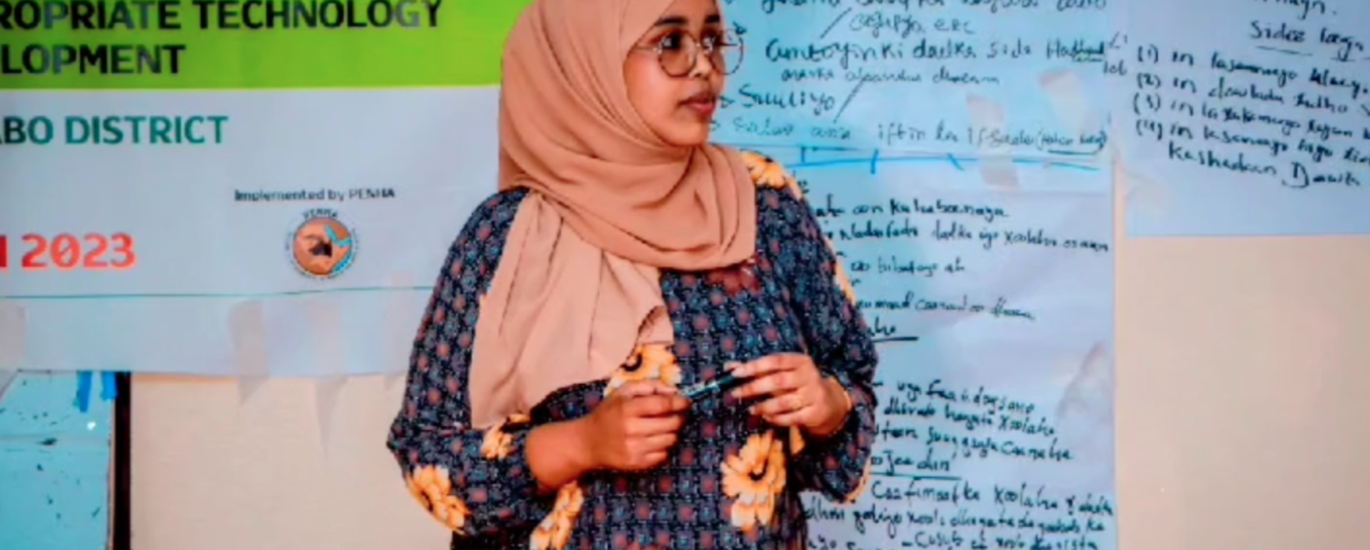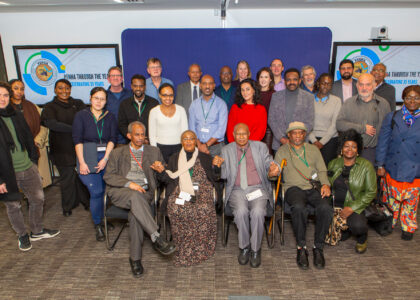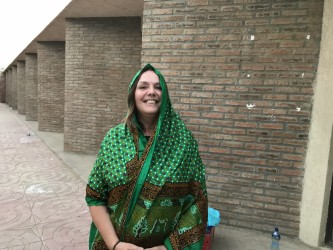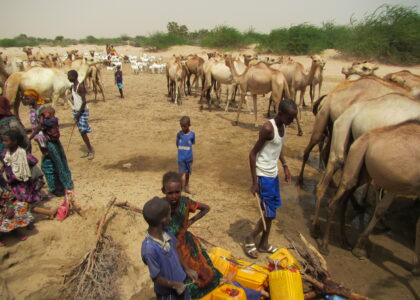The project aims to strengthen sustainable businesses for women-based groups in the livestock value chain, building on the entrepreneurial spirit of Somali women. It worked with existing women-based groups and provided alternative livelihoods and sources of income. This six-month project was funded by UNDP and the GEF.
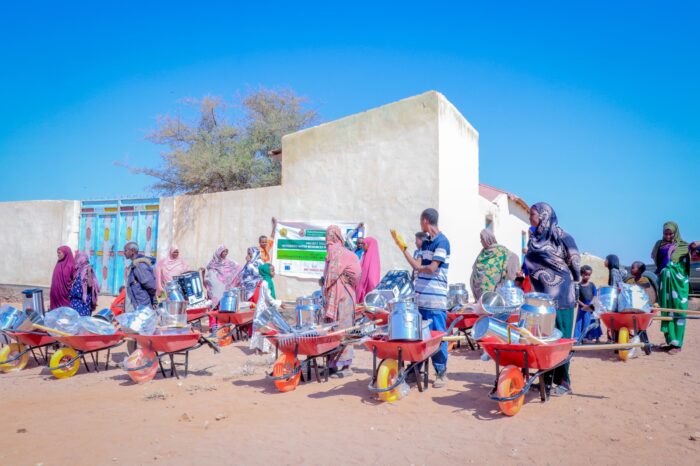
The project will make a lasting contribution to local economic development and agro-pastoralists’ livelihoods in the Beer, Habariheshay and Ceelbilcile villages of Togdheer and Sool regions by building community capacity, providing training, tools, and production inputs for the livestock value chain and agribusiness sector.
Fodder, Milk and Agribusiness training
Six training on milk, fodder and agribusiness (initial and refresher) were conducted in Beer, Ceel-bilcille and Habariheshay Villages. A total of 90 beneficiaries (30 per village) participated.
Distributed Milk and Fodder Tools
List of Milk tools
The list of milk tools distributed are Stainless steel Milk cans, Aluminium Milk dispensers, Stainless steel Milk Cups, Stainless steel milk strainers, Stainless Clad Stock Pots (10 L), Stainless Clad Stock Pot (15 L), Stainless milk Buckets and Stainless steel milk spoons. A total of 90 HH were provided milk tools in Beer, Ceel-bilcille and Habariheshay Villages.
List of Fodder tools
The list of fodder tools distributed are Wheelbarrows, Pick axe, Axes, Rakes, Shovels, Plant bow saw and Farm Gloves. Only Beer and Ceel-bilcille villages were provided fodder tools.
Gender disaggregation of the beneficiaries received fodder and milk tools
According to gender-disaggregated data for the distribution of milk and fodder tools, 50% (15/30) of the beneficiaries in Beer Village were females. Where 46.7% (14/30) and 40% (12/30) of the beneficiaries in Habariheshay and Ceel-bilcille villages, respectively, were females. Overall, 45.6% (41/90) were females, while the rest, 54.4% (49/90) were males in the target three villages.
Consultation and Validation of regional workshops
Regional consultation and validation workshops were held March 7th –10th, 2023, in Burao and Ainabo districts. Beneficiaries, Village development committees, NGOs, fodder cooperatives, milk cooperatives and government officials have participated in the workshops. A total of 94 participants attended the workshops. Based on the gender breakdown of the participants, 34% (32/94) of them were female.
